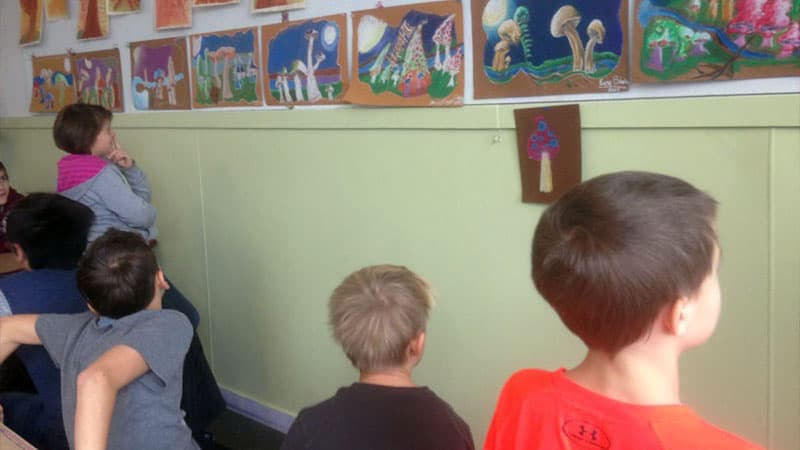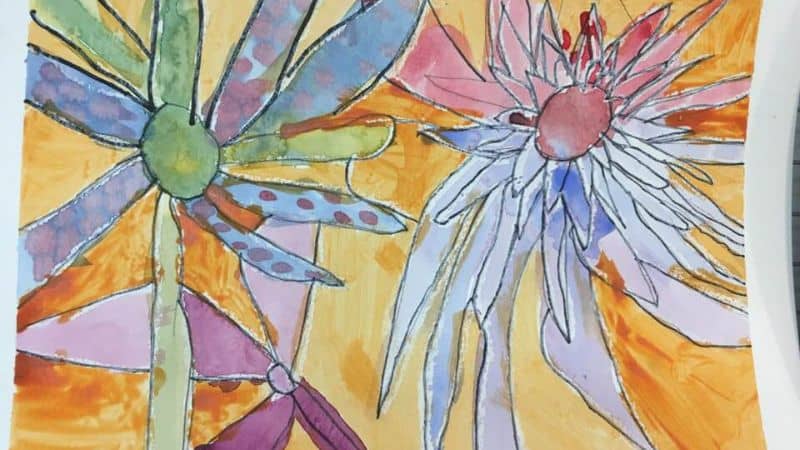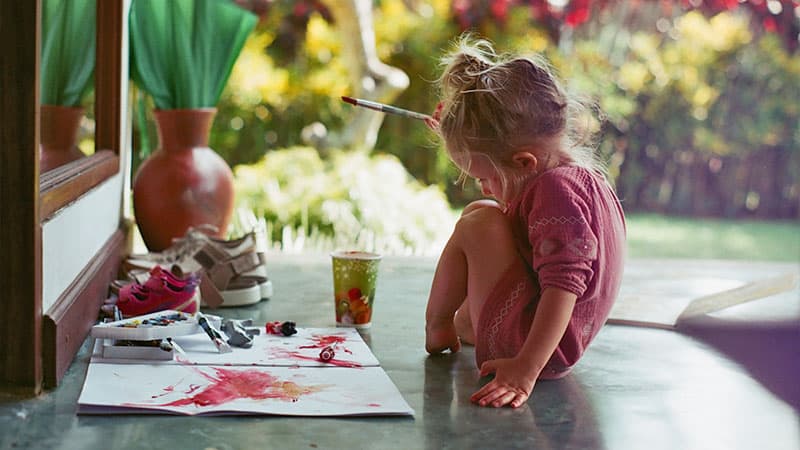Blog
Changing the world one student at a time.
My focus for teaching and learning is inspired by and grounded in the core practice and design principles of Expeditionary Learning as a model for engaged multi-tiered learning and in critical literacy, hands-on, art-infused, placed-based strategies that meet the needs of all learners regardless of language, learning or behavioral challenges.
I am an artist, constructivist-reading teacher, and special education teacher by training and a social-reconstructivist and bibliophile by nature. I believe that multi-sensory learning and place-based teaching foster the capacities needed for a successful, purposeful, and joyful life, ignite an intrinsic passion for learning, and inspire responsibility for self, community, and the world. My social-reconstructivist pedagogy emphasizes and addresses social questions and strives to create a better society and worldwide democracy. Reconstructionist educators focus on a curriculum that highlights social reform as the aim of education. I believe that when children (or an adult’s inner-child) get smarter and/or healthier, the world becomes a better place. See my blog, “One Social Re-constructivist’s Journey on the Road to Building a More Just and Ecologically Resilient World” to read more about this.
Creatively yours, Sasha
Our latest blog posts
On Art Education … three wise souls and the rest of us …
"Educators and administrators cannot justify giving the arts an important position in the curriculum unless they understand that the arts are the most powerful means of strengthening the perceptual component without which productive thinking is impossible in every field of [...]
The Art of Education, Resilience and School Reform
I am worried about my students and their families. I have been for a long time. Over the last two decades of my teaching career, I have experienced "the change" - in the way we "do" school, in the [...]
Cultural Humility and Creativity and Learning in the Years 2017 – 2029
One Social Re-constructivist’s Journey On the Road to Building a More Just & Ecologically Resilient World Sasha at the Detroit Riverfront I consider myself a social-reconstructivist artist, educator, and curriculum designer. Many people ask me what I mean [...]
One Social Re-constructivist’s Journey on the Road to Building a More Just and Ecologically Resilient World
"We live in an era in which the educational system in the United States seems increasingly removed from the drift of global events ... schools are seen as little more than the institution most responsible for preparing young people [...]
Art Works! (To Develop Flexible and Other Kinds of Thinking)
Neuroscience supports the positive benefits of artistic expression. Through activities that involve creativity, children with executive function deficits discover new ways to concentrate on what they enjoy most and do best, to focus, to forgive and appreciate themselves and to cope with their impulsivity with new tools they can transfer into other parts of their school life. Making art actually grows neurons that strengthen executive functioning skills and build resilience, flexibility and nimble thinking.
Art Teachers Can Change the World (understanding and fostering creative thinkers)
Dear Hiring Manager, I am applying for an art teaching position, because like Jean Houston, I believe that art educators can change the world! My urban public charter school is closed in June 2016 and I have made the [...]
On Art Education … three wise souls and the rest of us …
"Educators and administrators cannot justify giving the arts an important position in the curriculum unless they understand that the arts are the most powerful means of strengthening the perceptual component without which productive thinking is impossible in every field of [...]
The Art of Education, Resilience and School Reform
I am worried about my students and their families. I have been for a long time. Over the last two decades of my teaching career, I have experienced "the change" - in the way we "do" school, in the [...]
Cultural Humility and Creativity and Learning in the Years 2017 – 2029
One Social Re-constructivist’s Journey On the Road to Building a More Just & Ecologically Resilient World Sasha at the Detroit Riverfront I consider myself a social-reconstructivist artist, educator, and curriculum designer. Many people ask me what I mean [...]
One Social Re-constructivist’s Journey on the Road to Building a More Just and Ecologically Resilient World
"We live in an era in which the educational system in the United States seems increasingly removed from the drift of global events ... schools are seen as little more than the institution most responsible for preparing young people [...]
Art Works! (To Develop Flexible and Other Kinds of Thinking)
Neuroscience supports the positive benefits of artistic expression. Through activities that involve creativity, children with executive function deficits discover new ways to concentrate on what they enjoy most and do best, to focus, to forgive and appreciate themselves and to cope with their impulsivity with new tools they can transfer into other parts of their school life. Making art actually grows neurons that strengthen executive functioning skills and build resilience, flexibility and nimble thinking.
Art Teachers Can Change the World (understanding and fostering creative thinkers)
Dear Hiring Manager, I am applying for an art teaching position, because like Jean Houston, I believe that art educators can change the world! My urban public charter school is closed in June 2016 and I have made the [...]







